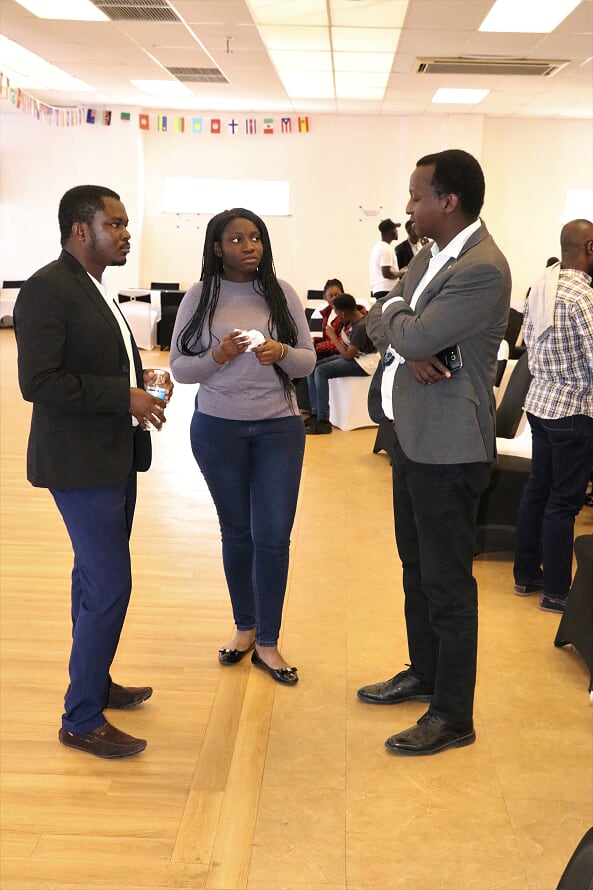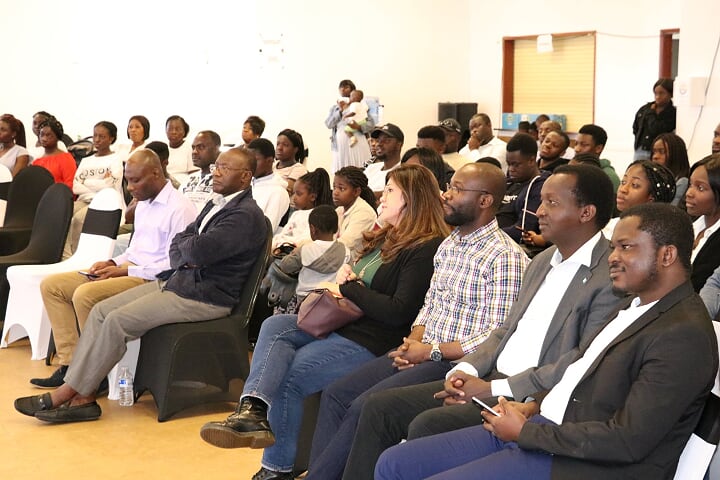It is well established that for a country to develop, there is the need for investment in its youth. While youth development has become the centre of many development programmes, different institutions try to achieve this goal differently. Firstly, the state for an exceptionally long time has being at the core of development. Most African countries state promote youth development through human capital accumulation──education, healthcare and employment opportunities. However, for some time now there is considerable evidence that most governments in Africa do not have adequate political will and desire to embark on ambitious policies that could meet the felt needs of the youth

Secondly, the market, made up of the various private corporations argue that microenterprises and microcredit have the potential to reduce poverty while enhancing the economic activities at the community level.
Therefore, private organisations have constantly promoted entrepreneurial programmes through Corporate Social Responsibilities. These organisations also believe that the youth can develop by not necessarily relying on the state. Although the potential of entrepreneurial programmes to reduce youth unemployment and enhancing development is important, the realities and experiences of the African youth appear to be ignored or given less attention.
The weaknesses of both the state and private sector demand an alternative approach to youth development. Some observers argue civil societies and international organisations have a key role in achieving the desired youth development. They argue that these international organisations and civil society groups have the capacity to negotiate and influence policies at various levels that can promote youth development. For instance, the United Nations SDGs 8 target 6 says that by 2020, there should be a substantial reduction in the proportion of youth not in employment, education, or training. These civil society groups and international organisations are not saints either, they are constantly criticised for imposing their autonomy and policies on countries which mostly do not speak to the realities of these nations.
From the above, while the key institutions are making important strides to promote youth employment, their activities have not leaved up to desired expectations at the same time while there is growing inequality among the rich and poor. There is a scope for increased coordination and joint action from these stakeholders. The goal of providing decent jobs for young people should be borne more equitably and predictably by all, taken into account the genuine participation of young people in political and policy processes that affect their lives.
AUTOR: CHARITY BLANKONO, MPHIL DEVELOPMENT STUDIES, CANTAB


